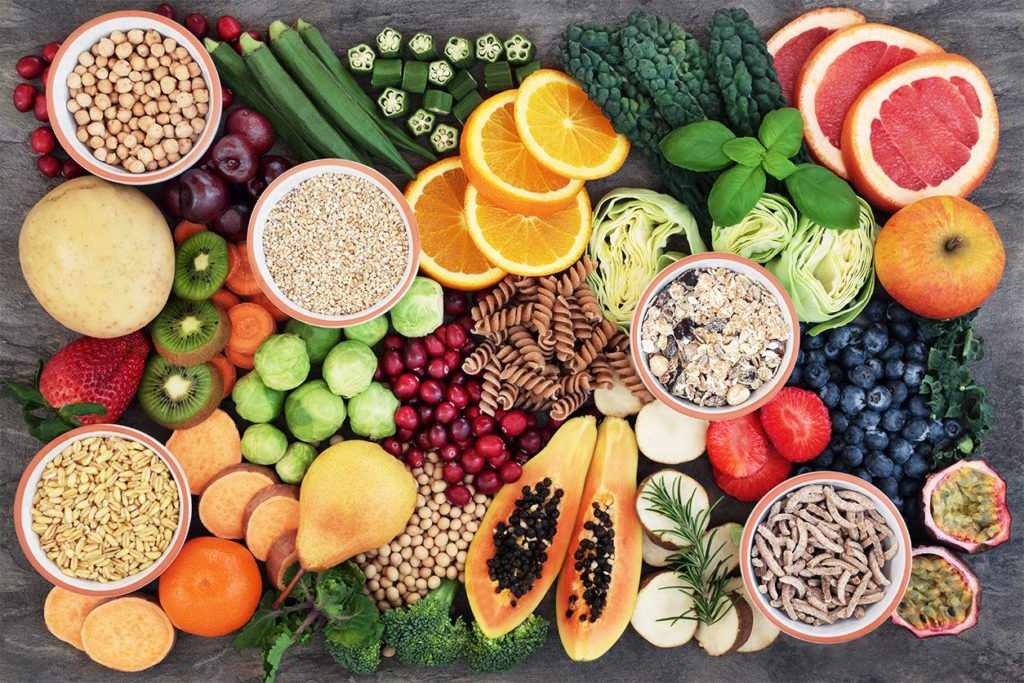Dietary fiber is a necessary part of a healthful diet. In addition, keeping the intestine healthy and reducing the risk of chronic health conditions is essential.
Most people in the United States do not get sufficient fiber from their diets. According to some estimates, only 5% of the population meets enough absorption recommendations. Therefore, most people in the U.S. could get health benefits from expanding their daily fiber intake.
 Eating fiber has many benefits:
Eating fiber has many benefits:
Protection against heart disease
Several studies have examined dietary fiber’s effect on heart health, as well as on preventing cardiovascular disease and decreasing blood pressure. For example, a 2017 inspection of studies by trusted sources found that people eating high-fiber diets had a highly reduced risk of cardiovascular disease and lower death from these conditions.
The authors say that these heart defensive effects could be because fiber reduces total cholesterol and low-density lipoprotein cholesterol, also called bad cholesterol, which is the leading risk for heart conditions.
Better gut health
Fiber is essential for keeping the gut healthy. For example, more eating fiber can prevent or relieve constipation, helping waste to move smoothly through the body. It also inspires healthy gut microbiota.
In 2019, reports that fiber absorption may reduce a person’s risk of colorectal cancer.
Reduced diabetes risk
More fiber in the diet may also have benefits for diabetes. Fiber can help lessen the body’s sugar absorption, helping control blood spikes after meals.
A 2018 report trusted that people who ate high fiber diets, particularly cereal fiber, had a lower risk of expanding type 2 diabetes.
Weight management
When people want to lose weight, a diet high in dietary fiber can help control weight loss. High fiber foods help a fuller for longer and may help people stand by a diet.
Types of dietary fiber
There are two types of fibers: soluble and insoluble. Both are benefits, and we must contain them in our daily diets.
Soluble fiber
It operates to slow down the rate of digestion. Soluble fiber contains pectins, gums, and mucilage, primarily found in plant cells. It helps with constipation. Good sources of soluble fiber are fruit, vegetable oat bran, seed husks, barley, flaxseed psyllium legumes-dried beans, soy milk, and soy products.
Insoluble fiber
The digestive system is usually overridden by insoluble fiber. As a result, it does not absorb water and fast the time that food passes through the gut.
Insoluble fiber contains cellulose, hemicelluloses, and lignin, which complete the structural parts of plant cell walls.
Good sources of insoluble fiber contain wheat bran, rice bran, corn bran, fruit, vegetables, nuts, seeds, and dried beans.

















